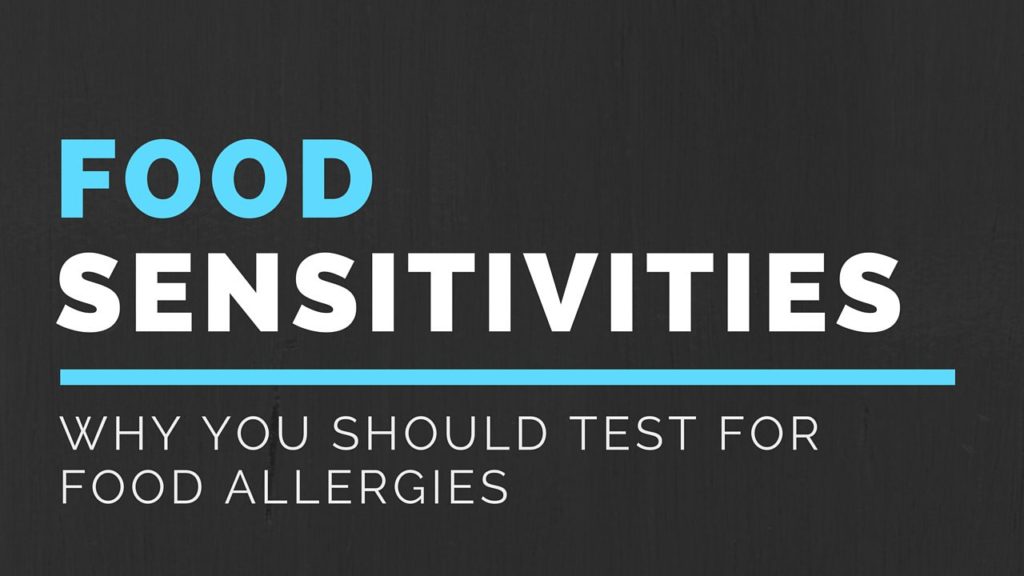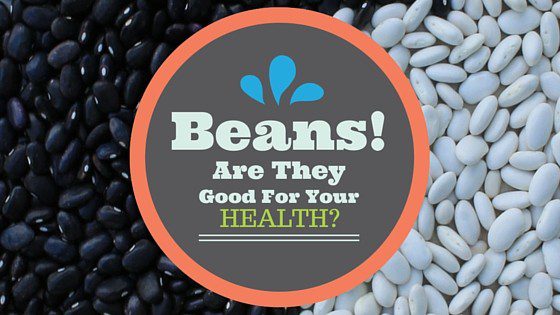[Video Transcript]
Hello, I’m Doctor Jannine Krause and today I’m going to talk about food sensitivities. So food sensitivities have a little bit of a bad rap. Sounds like, oh there trendy to say oh I’m glutten free, oh I’m dairy free, oh I’m soy free, but guess what? There a reality. Food sensitivities do happen, and I commonly will find that folks might not even know that its a food sensitivity. They might think, I have this migraine and this migraine comes every couple weeks around my period, but then we find out that lets face it ladies like certain foods before their period. Sometimes its chocolate. Sometimes it’s that craving for those potato chips, something that’s salty. Well, certain foods have certain reactions depending on the individual. And it all depends on what your digestive system lining is looking like. If its irritated, which is pretty much most of the US, and an irritated digestive system lining is call a, “leaky gut”, or intestinal permeability if you want the fancy term. What it means is those cells that are supposed to be nice and tight stuck together. They’re separated apart. They’re allowing food particles to get across into the blood stream. Food particles that normally wouldn’t be in the bloodstream. When they get in the blood stream the body’s like what the heck is that? It treats it like a foreign invader. Just like your immune system would see a virus, a bacteria, it’s going to go after it and gobble it up and create an antibody to it. So then what happens? The next time you eat that food, you have a little bit more of a reaction, and the third, the fourth, the fifth, all of those subsequent times, those reactions start to compact. What I see commonly on food allergy testing is that folks react to the foods that they most commonly eat if their digestive system is damaged. If they have intestinal permeability. Try to say that one fast three times. But nevertheless, if they have this going on then now we have alot of other factors that could be happening. Yes, gas and bloating in the area. A histamine response. Has anyone out there ever eaten a whole bunch of tomatoes because it was nice and ripe and August and summer and all of the sudden you have this rash all over you. Yeah, that’s histamine. Same thing with Shellfish can cause that, anchovies, all kinds of things can cause a histamine reaction, but its something that is a big red light, a warning light. Saying uh oh, something’s going wrong with my digestive system. Food sensitivities are so common and they’re also common because we have a lot of genetically modified foods that get into our digestive system, some unknowingly, some knowingly. We eat say regular old potatoes, non organic, gmo, pototoes, they get in, same thing with corn, they go down and we break them down and they get to that digestive system lining and sometimes they keep irritating that digestive system lining. Why, because maybe the foods not moving because we don’t have enough digestive enzymes. So the food sits and then those cells get irritated and start separating apart and that little molecule gets across and goes into the blood stream. What happens when it gets into the blood stream? Immune system attack. Because our vessels narrow in our joints, alot of times we’ll tend to have issues with joint aches and pains when we have food sensitivities. It’s because your body is exerting its immune system attack on these food molecules that have managed to reach your joints, elbows, areas in the fingers and so, what a big reaction that one might have is that you might eat gluten and you might even have corn all in the same day, and then the next day you feel hung over, and your going, I didn’t drink any alcohol, I didn’t have too much sugar, whats going on? We might feel brain fog. We might feel fatigued day in day out. That could be due to a food sensitivity. So could acne. So could lackluster skin. All of these components are warning lights that could quite possibly mean you have a food sensitivity. Now are food sensitivities permanent. No. If you treat your digestive system lining. You heal up that gut with things like bone broth, collagen, things of that nature. Aloe, licorice, that can all help to heal up those cells so that they’re nice and stuck together and not allowing things through into the blood stream. So. Whats one to do? Well, first you want to look for warning signs. See if there is a certain food that you eat and you can pin down and go I just don’t feel good after that and it can be up to 72 hours after that food. So what I recommend everyone working on their pathway to figuring out their owners manual is to do a food journal for at least a couple months. I know. It sounds tedious. But we have things like Fitness Pal and all kinds of apps out there that you can use to be able to track all of your food. Because what is not tracked can’t be managed. So you’ve got to track those things. You’ve got to know what’s going in and how you’re feeling. And so making a note of all of those different things is key. That way you know warning lights. Which foods might be some of those issues. you pull those foods out for a little bit, heal up the gut. Guess what, you’ll start to feel better. Possibly have better skin, less aches and pains, less fatigue and you might even notice some weight coming off. Now if you want to fast track that you can do food allergy testing. There’s great companies out there that test the IGE, that’s the immediate response, the IGG, that’s the delayed response of the food allergy testing. And I will definitely put out some of those resources on my website so that you can see those testing companies and what options that you have out there. And so, I’m Doctor Jannine Krause. I’ve gone through food sensitivities today with you and if you have questions feel free to hit me up on the web. I’d love to talk about food sensitivities even more. It’s a huge thing to pay attention to. Get on that food journal and start making your notes now. Thanks for watching.





